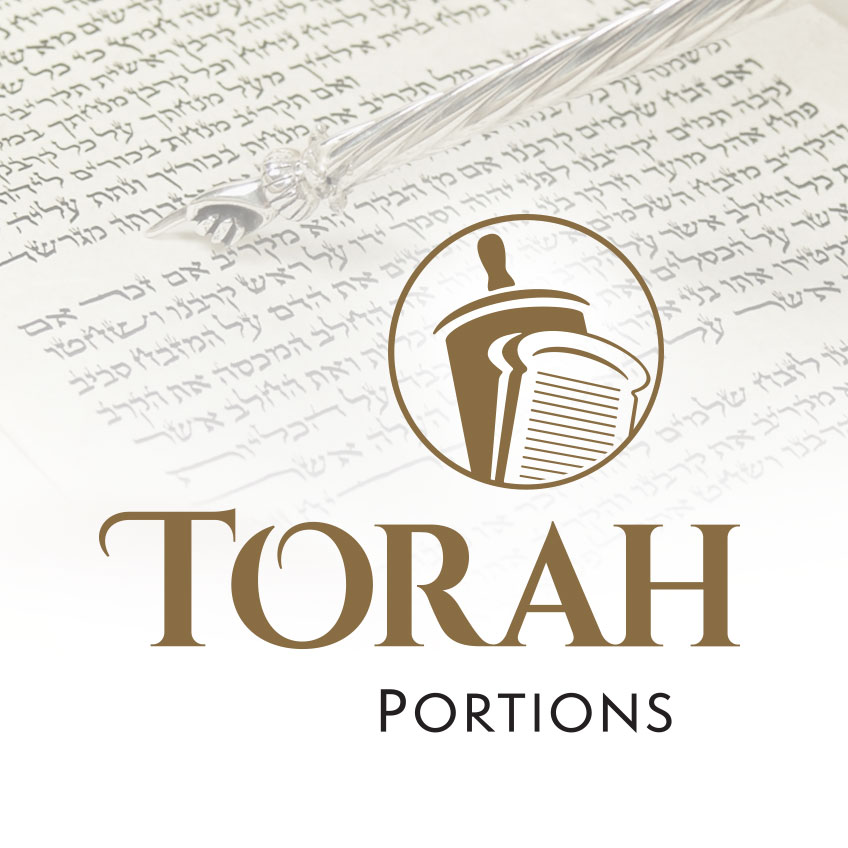The prophets say that the Messiah will initiate an era of world peace during which “the wolf will dwell with the lamb” and the nations will hammer their swords into plowshares. “Nation will not lift up sword against nation, and never again will they learn war” (Isaiah 2:4). Therefore, the disciples could have reasonably expected that the Messiah came to deliver peace to the earth. Even the angels that announced His birth declared “on earth peace among men!” (Luke 2:14). If the nation had given heed to the good news of the kingdom and repented under the teaching of Yeshua, surely He would have ushered in that era of peace.
The same prophets who spoke about the coming era of peace, however, also predicted a time of trouble, conflict, tribulation, and warfare that would precede the advent of the kingdom. Zechariah says that, in that day, all the nations will gather against Jerusalem to make war on the holy people and the holy city. Our Master alluded to the exile and the wars of Messiah that precede the Messianic Era when He told His disciples, “Do not think that I came to bring peace on the earth; I did not come to bring peace, but a sword.”
In the Hebrew Scriptures, the word “sword” is a common Hebrew idiom for violence or destruction. This is especially common in contrast with peace (shalom). Leviticus describes the promises of covenant faithfulness by saying, “I will give peace in the land … and the sword shall not go through your land” (Leviticus 26:6). In other words, the land will not experience violence and destruction.
When the prophet Jeremiah was warned about the destruction of Jerusalem, he responded, “Ah, Lord GOD! Surely You have utterly deceived this people and Jerusalem, saying, ‘You will have peace’; whereas a sword touches the throat” (Jeremiah 4:10 NASB). Here, the “sword” that Jeremiah contrasts with peace is the coming destruction of the city.
The Master referred to the coming time of punishment, the detruction of Jerusalem, and the doom of exile that hung over his generation if they did not repent. When the Master said, “Do not think that I came to bring peace,” He was not referring to His incarnation or arrival from heaven. The expression “I came to …” functions idiomatically in Hebrew to express purpose or intention.
He has made My mouth like a sharp sword. (Isaiah 49:2)
Out of His mouth came a sharp two-edged sword. (Revelation 1:16)
Yeshua explained to His disciples that families were destined to divide and split over the sharp blade of the Messiah’s sword.
Do you suppose that I came to grant peace on earth? I tell you, no, but rather division; for from now on five members in one household will be divided, three against two and two against three. They will be divided, father against son and son against father, mother against daughter and daughter against mother, mother-in-law against daughter-in-law and daughter-in-law against mother-in-law. (Luke 12:52-53)
The prophets spoke of a season of refining and judgment that must fall upon Israel at the time of the Messiah’s coming. For example, Malachi says, “Who can endure the day of His coming? And who can stand when He appears? For He is like a refiner’s fire and like fullers’ soap. He will sit as a smelter and purifier of silver” (3:2-3). “Behold, this Child is appointed for the fall and rise of many in Israel, and for a sign to be opposed—and a sword will pierce even your own soul—to the end that thoughts from many hearts may be revealed” (Luke 2:34-35).
The Master’s words quote an important prophecy from Micah:
For son treats father contemptuously, daughter rises up against her mother, daughter-in-law against her mother-in-law; a man's enemies are the men of his own household. (Micah 7:6)
Rabbi Yeshua interpreted this prophecy to predict a breakdown of the family unit in the end of days, just before the final redemption. The rabbis and sages in the Talmud also read the same prophecy as a prediction about the last generation before Messiah:
With the footsteps of Messiah, impertinence increases and famine increases … Truth will be sealed away, children will shame elders, and elders will rise before children, as it says [in Micah 7:6], “For son treats father contemptuously, daughter rises up against her mother, daughter-in-law against her mother-in-law; a man’s enemies are the men of his own household.” (m.Sotah 9:15)
Teachings on the Torah, the Prophets, and the Gospels.
torahportions.ffoz.org

